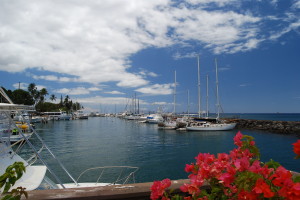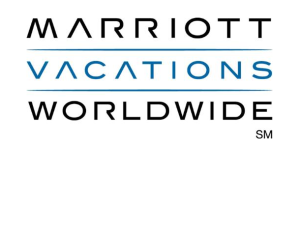Is this the Beginning of the End for Maui Timeshare?
Friday, August 23, 2013

MauiTime.com is reporting that last week the Maui County Council Planning Committee (which is comprised of Maui County Council Members) began discussions that could put the future of Maui timeshare in jeopardy.
Voicing concerns that timeshares contribute less to the economy than do hotels, the Maui County Council Members “took up a bill that would prohibit future timeshares on Maui.”
Council member Riki Hokama, a non-voting member of the Planning Committee, said, “We need hotel rooms, not timeshare units,” as she introduced the bill and urged the committee to support it. Hokama added that hotels provide more opportunities for employment to the general workforce.
Don Couch of the Maui County Council, voiced his concerns saying, “It is time we take a look at this issue since we are updating community plans.”
One council member, Mike White, who is also the current General Manager of Kaanapali Beach Hotel, explained his opposition to more Maui timeshares by citing a Marriott hotel that transitioned to vacation ownership. White said, “As an example, there were jobs lost from banquet staff, the luau was eliminated, retail services were eliminated and the convention business was hurt.” He did add, “However, I don’t want to eliminate timeshares. We need to have further discussion and seriously think about it.”
Looking at Both Sides of the Maui Timeshare Issue
Isolated statistics aren’t enough to tell the whole story of how much timeshares hurt –or help— the Maui economy as compared with hotels.
As the Maui Planning Committee looks at the matter more closely, we hope they consider these points:
- Timeshare owners and guests probably do spend less money dining at area restaurants than do hotel guests. On the other hand, the money saved, may be used at theme parks, for sports equipment rental, or other types of entertainment at the vacation destination. This might be harder to assess, but could certainly be relevant to consider.
- Laws vary by state and sometimes by tax district, but timeshare owners pay either hotel taxes (tourism tax) or their percentage of a resort’s property taxes. In most areas of Hawaii, timeshare owners are paying property taxes, often at millage rates higher than that paid by owners of residential property in the same area. Tax contributions benefit communities in ways that help support important infrastructures and should always be considered as part of the value timeshares bring to a community.
- And perhaps the most important fact to consider about timeshare resorts vs. hotels is that timeshare owners see themselves as “local property owners,” and thereby have vested and demonstrated interest in the long-term issues of the area where their timeshare is located.
Note: At this point, the efforts under discussion would have no impact on current Maui timeshare resorts including popular properties such as Marriott’s Maui Ocean Club, the Westin Ka’anapali Ocean Resort Villas, and other favorite Maui vacation ownership resorts.


